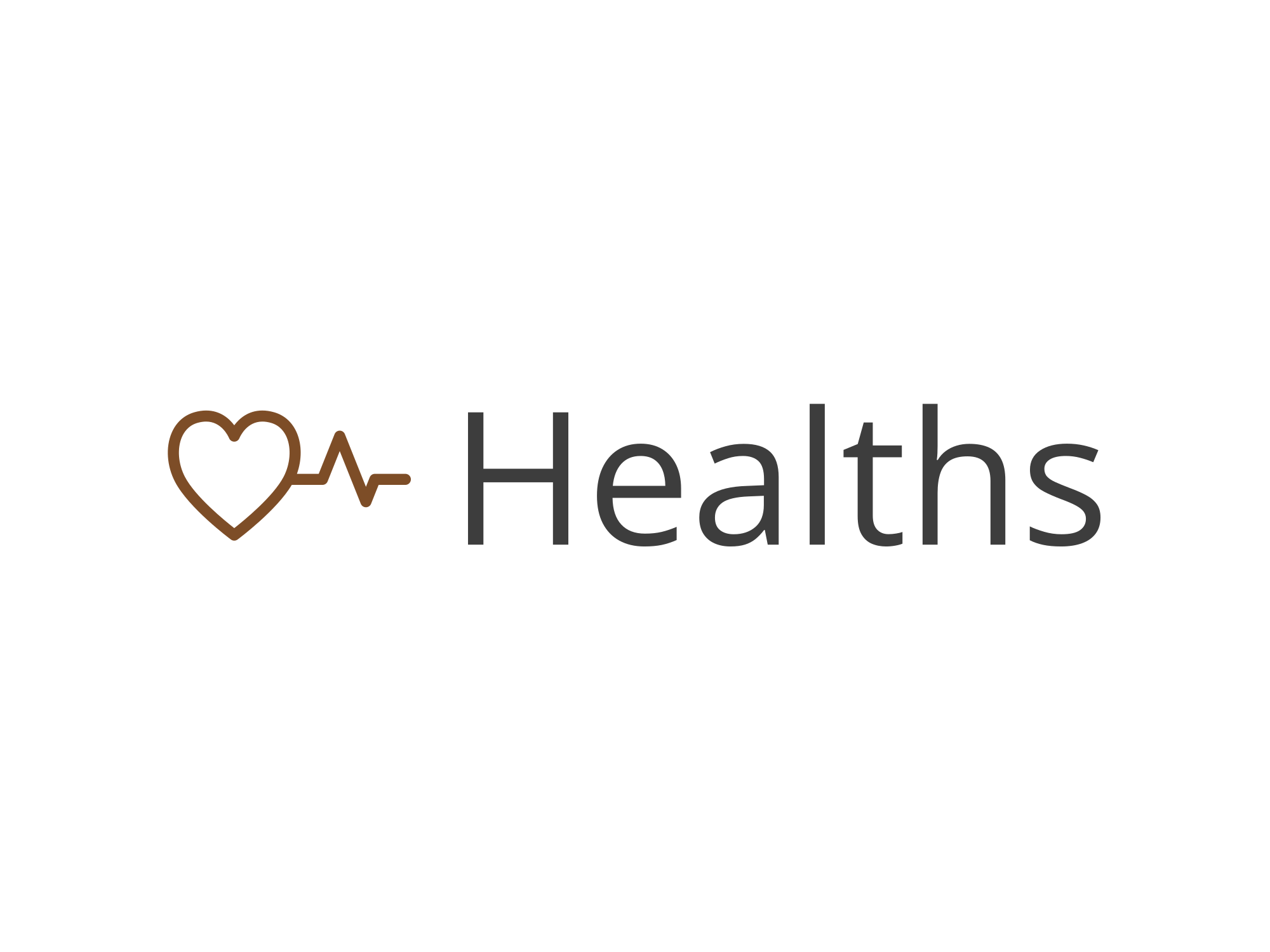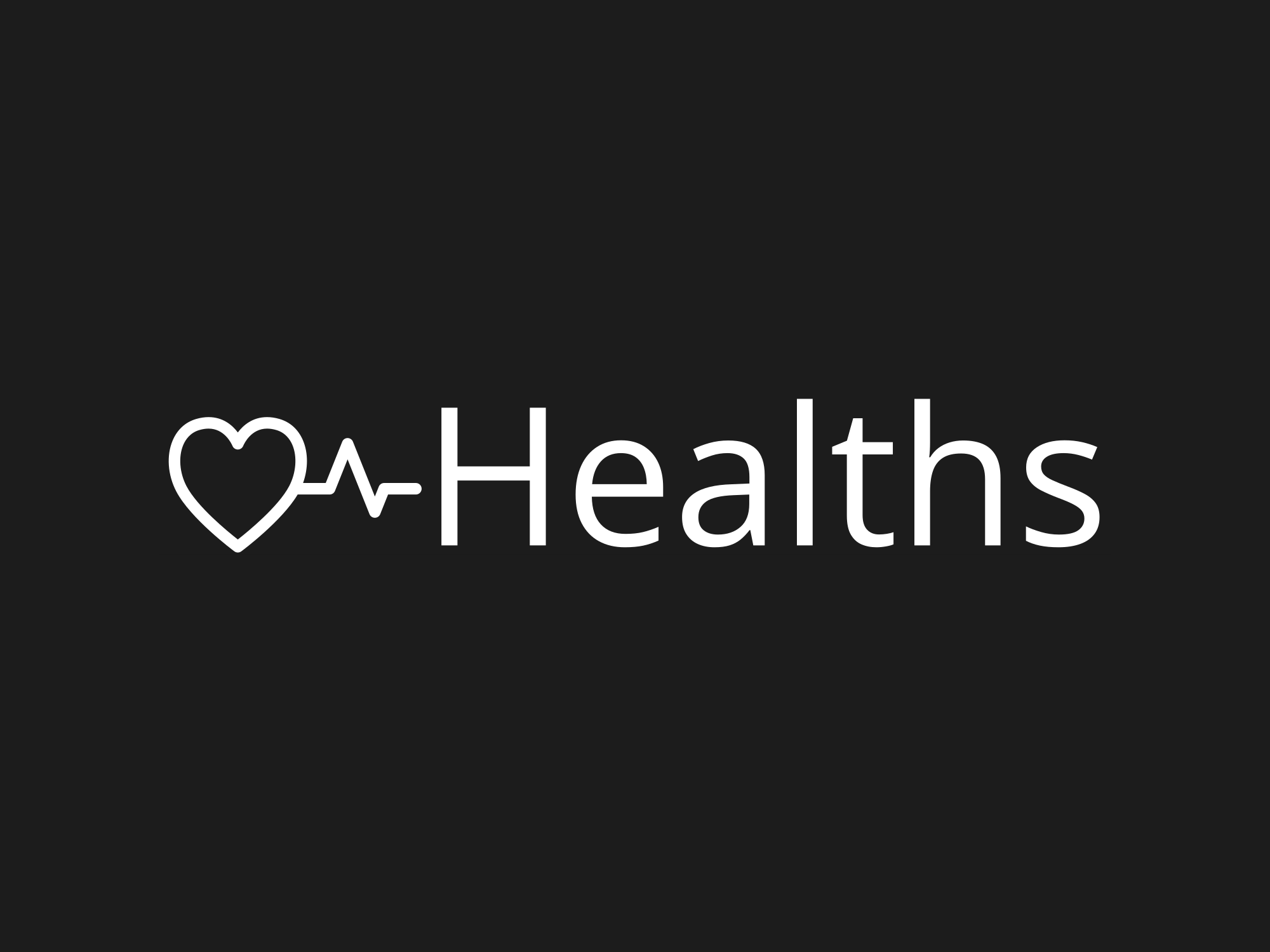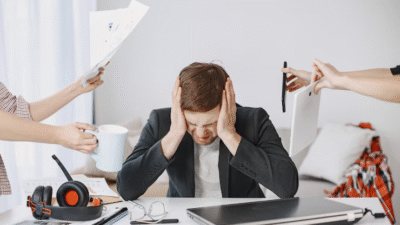
Meta Title:
Social Media Mental Health 2025: Expert Tips for Balanced Online Life
Meta Description:
Discover expert insights on social media mental health 2025, managing anxiety, addiction signs, and proven tips for a balanced, healthy online experience
Introduction
In today’s hyperconnected world, social media mental health 2025 has become a critical topic for millions. While platforms like Instagram, Facebook, Twitter, and TikTok offer incredible ways to stay connected and informed, they also come with challenges that affect our emotional well-being. From increased anxiety to feelings of isolation and depression, the impact of social media on mental health is undeniable. But experts say it doesn’t have to be all negative. With the right knowledge and strategies, you can maintain your mental wellness and social media balance in 2025 and beyond. This article explores expert insights, signs of social media anxiety 2025, practical digital detox tips, and effective ways to manage your online time for a healthier mind.
Understanding the Impact of Social Media on Mental Health
The Dual Nature of Social Media
Social media is a double-edged sword. It can foster connection, community, and creativity but also fuel comparison, misinformation, and anxiety. According to recent studies, approximately 40% of social media users report feeling overwhelmed or anxious due to their online experiences.
Key Mental Health Challenges Linked to Social Media
- Social Media Anxiety 2025: The constant pressure to curate a perfect online image can lead to anxiety and low self-esteem.
- Depression: Excessive use has been linked to depressive symptoms, particularly in younger demographics.
- Addiction: Signs of social media addiction include compulsive checking, inability to disconnect, and neglect of offline relationships.
- Sleep Disruption: Blue light exposure and late-night scrolling disturb sleep patterns, exacerbating mental fatigue.
Expert Perspective on Social Media Effects
Mental health professionals highlight that while social media use itself isn’t inherently harmful, how individuals engage with these platforms plays a major role. Dr. Emily Carter, a clinical psychologist specializing in digital wellness, notes:
“The key is mindful and intentional use. Awareness of your emotional response and setting healthy boundaries can transform your social media experience from stressful to supportive.”
Recognizing Social Media Addiction Signs

Understanding the warning signs is crucial for early intervention. Some common indicators include:
- Feeling anxious or irritable when not checking social media.
- Using social media to escape real-life problems.
- Neglecting responsibilities or personal relationships due to online activity.
- Constantly comparing yourself to others’ curated lives.
- Losing track of time and sleep because of social media use.
Managing Social Media Use: Expert Tips for 2025
1. Set Clear Time Limits
Experts recommend using built-in screen time tracking tools on smartphones to limit daily social media usage. Aim for no more than 1-2 hours per day to reduce stress and maintain mental clarity.
2. Curate Your Feed for Positivity
Follow accounts that inspire, educate, or bring joy. Unfollow or mute negative, triggering, or comparison-inducing profiles to create a healthier digital environment.
3. Practice Digital Detox Regularly
Schedule regular breaks from social media, such as a full day offline each week. This helps reset your mind and reduces dependence on virtual validation.
4. Engage in Offline Activities
Balance your online time with hobbies, exercise, socializing in person, or meditation. These activities promote mental wellness and social media stress relief naturally.
5. Use Social Media Purposefully
Before logging in, set an intention—whether to connect with friends, learn something new, or promote a cause. Avoid mindless scrolling.
Real-World Case Study: Overcoming Social Media Anxiety
Sarah, a 28-year-old marketing professional, experienced increasing anxiety due to constant social media use. She followed the expert advice above: she limited her daily screen time, unfollowed stressful accounts, and committed to offline hobbies. Within weeks, Sarah reported improved mood, better sleep, and enhanced focus at work. Her story illustrates how practical changes can make a big difference.
Healthy Social Media Habits for Mental Health Awareness 2025
- Practice mindful consumption: Be conscious of your emotions while scrolling.
- Avoid doomscrolling: Limit exposure to negative news or misinformation.
- Engage positively: Comment supportively or share uplifting content.
- Seek support: Join online communities focused on mental health and wellness.
- Consult professionals: If social media is worsening your anxiety or depression, seek help.
What’s New in 2025: Tools & Trends for Mental Wellness on Social Media
- AI-powered well-being apps: These analyze your social media patterns and provide personalized tips to reduce anxiety.
- Platform-led wellness initiatives: Many social networks now offer mental health resources and reminders to take breaks.
- Virtual therapy sessions: Increased availability of teletherapy makes it easier to address social media-related stress.
- Augmented reality (AR) mindfulness: AR apps integrate calming environments into social feeds for stress relief.
FAQ Section
1. How can I tell if social media is harming my mental health?
Look for increased feelings of anxiety, depression, irritability, or addiction-like behaviors related to social media. Notice if it disrupts your sleep, self-esteem, or relationships.
2. What are some quick ways to reduce social media anxiety?
Try deep breathing exercises, limit your screen time, curate a positive feed, and take regular digital detox breaks.
3. Is social media addiction a real condition?
Yes, it’s recognized as a behavioral addiction by many health experts. It involves compulsive use despite negative consequences.
4. Can social media ever improve mental health?
Absolutely. When used mindfully, social media can provide support groups, mental health awareness, and positive communities.
5. What digital detox strategies work best?
Scheduling regular offline days, turning off notifications, and engaging in offline hobbies help reset your digital habits.
Social media is a double-edged sword. It can foster connection, community, and creativity but also fuel comparison, misinformation, and anxiety. According to recent studies from the American Psychological Association (APA), approximately 40% of social media users report feeling overwhelmed or anxious due to their online experiences.
Conclusion
The relationship between social media and mental health in 2025 is complex but manageable. By understanding the impact of social media on mental health, recognizing signs of anxiety and addiction, and applying expert-backed strategies, you can enjoy the benefits of social platforms while safeguarding your emotional well-being. Start today by setting healthy boundaries, curating your feed, and embracing mindful usage. Your mental health is worth it.
Join the conversation! Share your experiences or tips for balancing social media and mental health in the comments below or sign up for our newsletter for ongoing expert advice.




